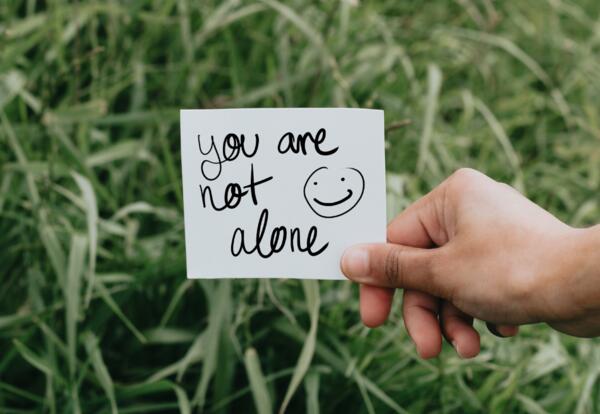
When it comes to suicide prevention and awareness, the language we use is vital in de-stigmatization. By creating a safe verbal environment, we diffuse stress within ourselves and others. The language we choose shapes how people feel about reaching out for help. When we use respectful, accurate terms, we reduce stigma and open the door for honest conversation. Stigmatizing or outdated language can make someone feel judged or isolated, while thoughtful language signals compassion and safety. In suicide prevention, these small shifts in words can make a meaningful difference in whether someone feels understood and supported.
Everchanging Language:
| Died by Suicide | Person who died by suicide |
|---|---|
| Death by Suicide | Person living with suicidal thoughts or behaviors |
| Fatal Suicide | They are experiencing suicidal behavior(s) |
| Non-fatal Suicide | Suicide ideation |
| Suicide Death | Passive Suicidality |
| Suicide Attempt | Suicide Contagion or Suicide Clusters |
| Suicidal Logic | |
| Ambivalence |
Along with this helpful table, let's discuss why our words matter! Struggling with thoughts of suicide can be a hard topic to bring up. The ways we speak about it can help ease some of the stress and discomfort. When we use our words meaningfully, we not only describe mental health struggles more accurately but also sensitively. With this effort, we may help someone around us feel more comfortable coming to us during hard times.
For example, instead of saying someone committed suicide, we can say they died by suicide. The word “committed” implies a crime, while “died by suicide” accurately describes the cause of death without judgment. Likewise, rather than referring to someone as a suicide victim, we can say they were a person who died by suicide. This keeps the focus on their humanity and avoids defining them solely by how they died.
MHFA, QPR and AID Upcoming Training Schedule: https://secure.smore.com/n/7z5am
Written by Rose Karpov-Kinrade (she/her), AmeriCorps Service Member and training instructor for:
- Mental Health First Aid
- Question, Persuade, Refer
- Awareness, Interaction, Direction
Questions?
Email: mentalhealth@mcoe.us
Website: https://bit.ly/MHAwarenessTrainings
Natasha Carter, Mental Health Awareness Coordinator, Phone: (707) 467-5111
Rose Karpov-Kinrade, Americorps Member, Mental Health Awareness Assistant, Phone: (707) 467-5113

